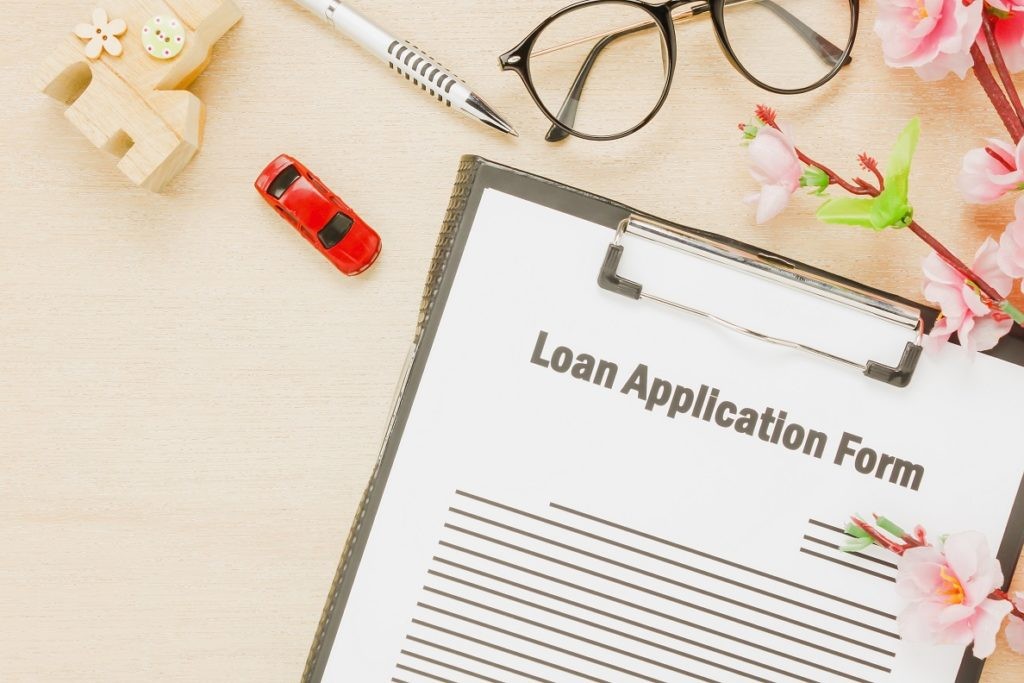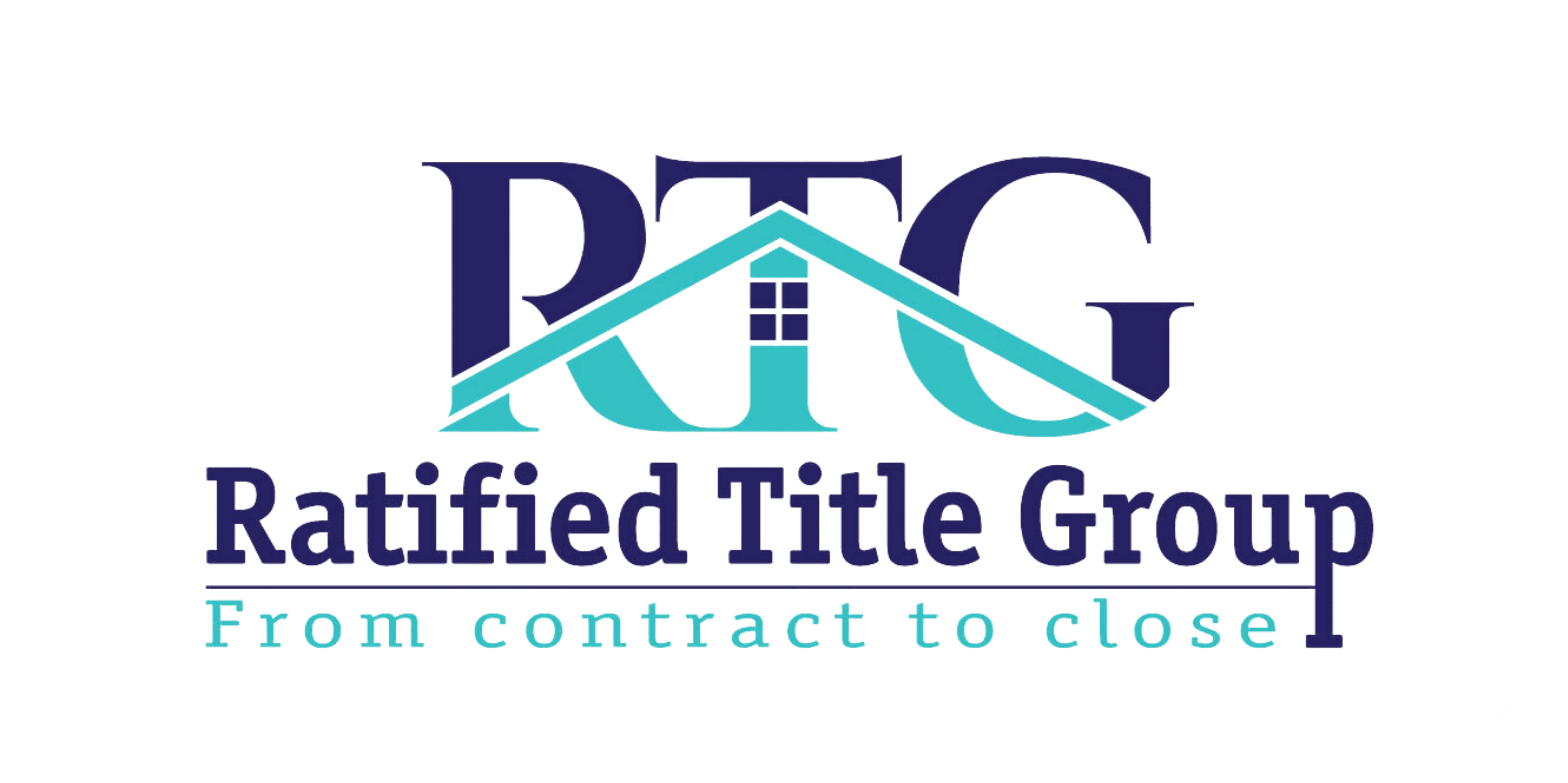Millennials make up 45% of current mortgages and they’re the primary home buyers right now. At the same time, there is a short supply of starter homes that are affordable for first-time homebuyers. If you fall in this category, there are programs at both the national and state level that can help get you into your first home.
National Programs

- FHA loans – FHA (Federal Housing Administration) loans are great for first-time homebuyers who may have a less than stellar credit rating. Because these loans are guaranteed by the FHA, lenders are able to lend more freely, allowing borrowers to qualify for a loan with as little as 3.5% down. One caveat to FHA loans is that you are required to have mortgage insurance.
- VA loan – VA loans are sponsored by the Department of Veterans Affairs and are specifically for service members, veterans and surviving spouses. These loans often don’t require a down payment or mortgage insurance.
- USDA loan – This is a home buyers assistance program sponsored by the U.S. Department of Agriculture. It’s good for those who are looking to buy in rural areas and allows 100% financing due to the mortgage guarantees offered to lenders. There are income requirements for these loans.
- Fannie Mae and Freddie Mac – Fannie Mae and Freddie Mac are backed by the government and work with local mortgage lenders to offer options like 3% down payments.
Virginia Programs

The Virginia Housing Development Authority offers several different types of loans to help potential home buyers get into a home of their own. These programs offer down payment grants, 30-year fixed-rate loans, zero down payment (for some programs) and federal tax credits (for some programs).
To qualify for a VHDA program, there is a required credit score of at least 620 and you must not have owned a home for the last three years. Additionally, there are maximum income and loan limits determined by location, the home must be your primary residence, and you must complete a homeownership education class.
- Down payment assistance grant – If you need assistance making a down payment on a home, this grant will give you up to 2.5% of the home’s purchase price to put toward that payment. The grant is combined with a VHDA loan and considers household income limits.
- Mortgage credit certificates – You can receive mortgage credit certificates from the VHDA if you have a loan commitment through an approved lender. This is a dollar-for-dollar tax credit that can reduce your tax liability. It’s valid for the life of your loan, provided the home remains your primary residence.
- Fannie Mae preferred with reduced mortgage insurance – This program is for first-time homebuyers (and homeowners looking to move up). You can get a down payment of 3% or lower through a VHDA grant. The borrower is required to pay for mortgage insurance, but the premium is discounted. You need a minimum credit score of 640 for this one.
- Fannie Mae 97% no mortgage insurance – This one is like the Fannie Mae preferred program with the exception of paying for mortgage insurance. Your interest rate will likely be a bit higher, and you need a credit score of at least 660.
- Closing costs assistance grant – The CCA grant is specifically for first-time homebuyers and can be paired with mortgage credit certificates. Your down payment can be as low as 1%. This grant is a gift and no repayment is required.
Other Strategies for Lowering Costs
- Mortgage insurance – As home costs rise, it may be hard to save the right amount of money for a down payment. Purchasing mortgage insurance can get you into a home faster, because it protects lenders in case of default on the loan.
- Lender credits – Purchasing lender credits is a good idea if you need help covering closing costs. This is also known as buying down mortgage points, which reduces the interest rate and lowers monthly payments.
- Seller credits – Seller credits are covered by the seller and useful to attract buyers if a home has been on the market for a while. A buyer can request seller credits to help them meet loan eligibility requirements and closing costs.
- Builder credits – Builder credits can be used to lower closing costs or mortgage premiums. Builders will offer up to 2 or 3% of the home’s cost if you finance through their preferred lender; however, you are not required to use their lender to take advantage of these credits.
If you need help getting into your first home, please reach out to us at 571-234-5589 or by email at [email protected]. We would love to help!

